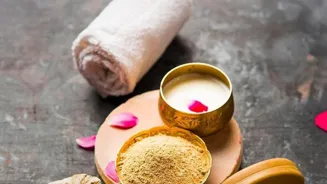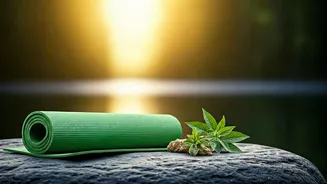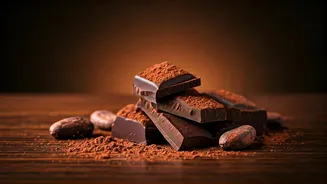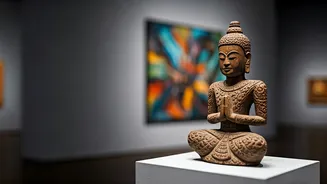Unveiling 7 Ayurvedic Skincare Secrets for Radiant Skin! Dive into ancient rituals for a naturally beautiful complexion
Namaste, and welcome! For centuries, Ayurveda, the ancient Indian science of life,
has offered holistic approaches to health and well – being. This includes radiant and glowing skin. Forget complicated routines with chemicals. Embrace the power of natural ingredients and simple practices.
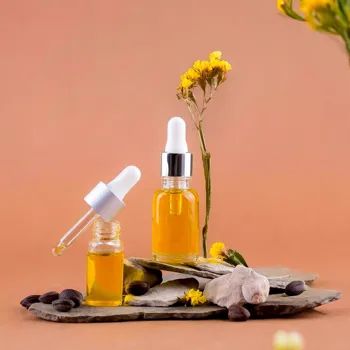
Discover seven timeless Ayurvedic skincare rituals. These rituals can be easily incorporated into your daily life. These rituals will help you achieve a balanced, healthy, and naturally beautiful complexion. Let's dive in and unlock these secrets together!
Firstly, knowing your skin type is important in Ayurveda.It connects each of the five elements like air, water, space, earth, and fire. These elements are linked to three energies – vata, pitta, and kapha.
Understanding your skin type will help you choose the accurate method to maintain healthy skin. You may speak with a specialist to learn about your skin type. You may also do a quick online self analysis to get a broad idea of it.
The Cleansing Power of Ubtan:
Ubtan is more than just a face pack; it’s a traditional Ayurvedic cleanser and exfoliator. This is prepared with a mix of natural ingredients like gram flour (besan), turmeric (haldi), sandalwood powder (chandan), and rose water. The ritual of applying Ubtan isn't just about cleaning the skin.
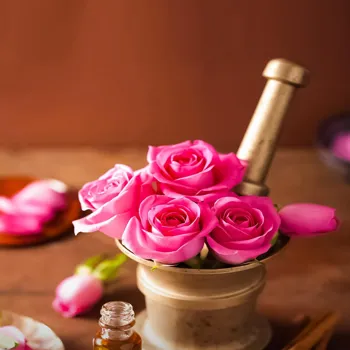
It is about a sensory experience. It is about connecting with nature. Gram flour acts as a gentle exfoliating agent. Turmeric offers anti-inflammatory. Sandalwood calms the skin. Rose water hydrates and tones. Together they brighten your complexion.
To prepare your own Ubtan, mix equal parts of gram flour, turmeric, and sandalwood powder. Add enough rose water to form a smooth paste. Apply this paste to your face and neck. Allow it to dry for about 15-20 minutes. Then, gently scrub it off with circular motions. Rinse with cool water.
This Ubtan is extremely good for removing tan, reducing blemishes, and imparting a natural radiance. Make this a weekly ritual and watch your skin transform. You will feel the difference with regular use. Remember to patch test before applying it on your entire face. This is to avoid allergies.
A small area on your hand will suffice.
The Gentle Massage of Abhyanga:
Abhyanga is an Ayurvedic self-massage technique. It helps to detoxify the body. It enriches the skin. Use warm sesame, coconut, or almond oil. Choose an oil that suits your skin type. This ritual is more than just applying oil. It’s a form of self-love and care. Warm the oil slightly.
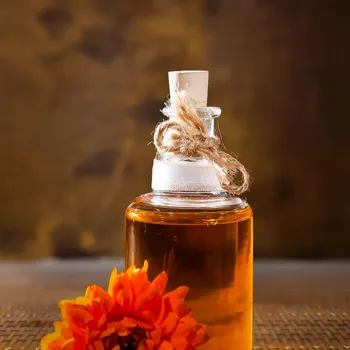
Then, apply it all over your body. Use gentle, circular motions. Focus on areas like your scalp, ears, hands, and feet. These are considered important energy centers in Ayurveda. Massaging these points stimulates circulation and helps to release tension.
Abhyanga helps to hydrate the skin, improves blood circulation, and calms the nervous system. Ideally, perform Abhyanga before showering. Allow the oil to soak into your skin. This should be done for at least 15 minutes. After massage, take a warm shower. Gently cleanse your body with a mild soap.
This ritual is best performed regularly, ideally every day or at least a few times a week. See for yourself! Feel the difference in your skin's texture. Your overall well-being will also see a change. Feel the relaxation!
The Soothing Steam of Swedana:
Swedana is a therapeutic steam bath. It helps to open the pores. It eliminates toxins from the skin. It also helps to purify the body. While a traditional sauna is beneficial, you can easily create your own mini-Swedana at home. After Abhyanga, sit in a small bathroom with the hot shower running.

Create a steamy environment. Add a few drops of eucalyptus or tea tree oil to the water for added benefits. The steam will help to dilate the blood vessels. It will improve circulation. It will draw out impurities from the skin. This is especially beneficial for those with oily or acne-prone skin.
You can also use a facial steamer for this purpose. Just make sure to keep your face at a safe distance. Avoid prolonged exposure to steam, as it can dry out the skin. After Swedana, gently pat your skin dry and apply a moisturizer.
This ritual leaves your skin feeling clean, refreshed, and rejuvenated. It's a good way to detox and renew.
The Toning Magic of Rose Water:
Rose water is a versatile Ayurvedic skincare ingredient. It has been used for centuries. It has anti inflammatory and antioxidant properties. It helps to balance the skin's pH levels. It hydrates and refreshes the skin. It also reduces redness and inflammation.
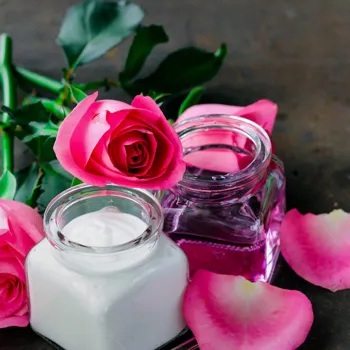
You can use rose water as a toner after cleansing. You can even use it as a refreshing mist throughout the day. Simply spritz rose water onto your face and neck. Feel the instant hydration and calming effect. You can also use rose water in your face packs and masks.
Rose water enhances its benefits. Look for pure rose water that is free from additives and preservatives. It can be easily purchased online or at Ayurvedic stores. It is a simple way to incorporate Ayurveda into your skincare routine.
The Healing Properties of Aloe Vera:
Aloe vera is a succulent plant. It is known for its exceptional healing properties. It is a staple in Ayurvedic skincare. Its gel is rich in vitamins, minerals, and antioxidants. It helps to soothe sunburned skin. It hydrates dry skin. It promotes wound healing. It reduces inflammation.
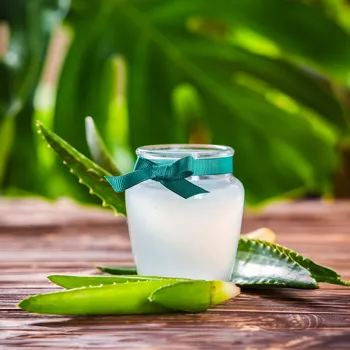
You can apply fresh aloe vera gel directly to your skin. Extract the gel from the leaf of the aloe vera plant. Apply it to your face and neck. Allow it to sit for about 20 minutes. Then, rinse with cool water. You can also use aloe vera gel as an ingredient in your homemade face masks and scrubs.
Look for pure aloe vera gel. Avoid products that contain alcohol or artificial fragrances. Aloe vera is a gentle and effective remedy for various skin conditions. It can be included in your daily routine.
The Protecting Power of Sunscreen (with a Twist):
While Ayurveda emphasizes natural remedies, protecting your skin from the sun is crucial for maintaining its health and preventing premature aging. While traditional Ayurvedic texts don't focus specifically on sunscreen, the concept of protecting the skin from the sun's harmful rays exists.
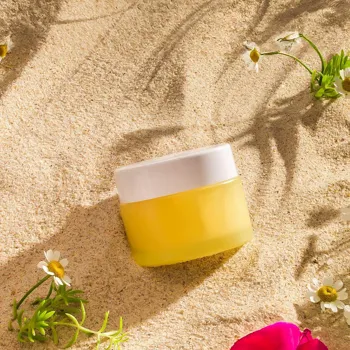
Look for natural sunscreens that contain zinc oxide or titanium dioxide. These are mineral-based sunscreens that are gentle on the skin. They provide broad-spectrum protection. Before applying sunscreen, consider using a natural oil. Sesame or coconut oil can act as a base layer of protection.
Apply sunscreen at least 20 minutes before sun exposure. Reapply every two hours. Especially if you are swimming or sweating. Protecting your skin from the sun is a vital step in any skincare routine. It complements the holistic approach of Ayurveda.
The Internal Glow: Diet and Hydration:
Ayurveda emphasizes the importance of a balanced diet and adequate hydration for healthy skin. What you eat directly impacts your skin's appearance and health. Focus on eating fresh, seasonal fruits and vegetables. Include whole grains, lean proteins, and healthy fats.
Avoid processed foods, sugary drinks, and excessive caffeine. Drink plenty of water throughout the day to keep your skin hydrated from within. Herbal teas like chamomile or rose tea can also be beneficial. These teas have calming and antioxidant properties.
According to Ayurveda, the three doshas (vata, pitta, and kapha) influence your skin type. Therefore, consuming foods that balance these doshas is important for achieving a healthy complexion. Consult with an Ayurvedic practitioner for personalized dietary recommendations.
Remember that inner health radiates on the outside. Nurturing your body from within is essential for a glowing and vibrant skin.
AI Generated Content. Glance/InMobi shall have no liability for the content